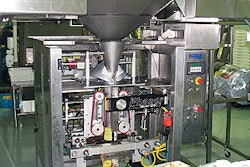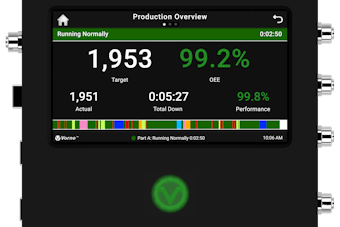When properly applied, servos can provide many benefits for end users and machine builders alike. But servos aren’t without their challenges. Here are a few that have been experienced by a large maker of food and household products (who wished to remain anonymous):
• Servo technology requires significant training of operators and technicians so they can troubleshoot problems. For those plants that have been keeping up with the gradual evolution of these machines, the training shouldn’t be excessively burdensome. But for a plant coming from an all-mechanical background, the choices are a steep learning curve (and a significant investment in training), or increased reliance on outside support.
• Some end users keep their machines for 10 to 15 years. Mechanical machines can be maintained with or without the machine builder. If a part breaks, one can go out and have a part machined. However, in the case of servos, technology continues to progress, forcing different generations of machines from the machinery supplier. If a site is maintaining a standardization strategy of machines, over time it will accummulate different generations of machines. Additionally an obsolete electronic component that needs replacing may leave the user with no choice but to upgrade. So the choice is to invest in maintaining skills to support older machines or to upgrade old machines to the newer technology.


























